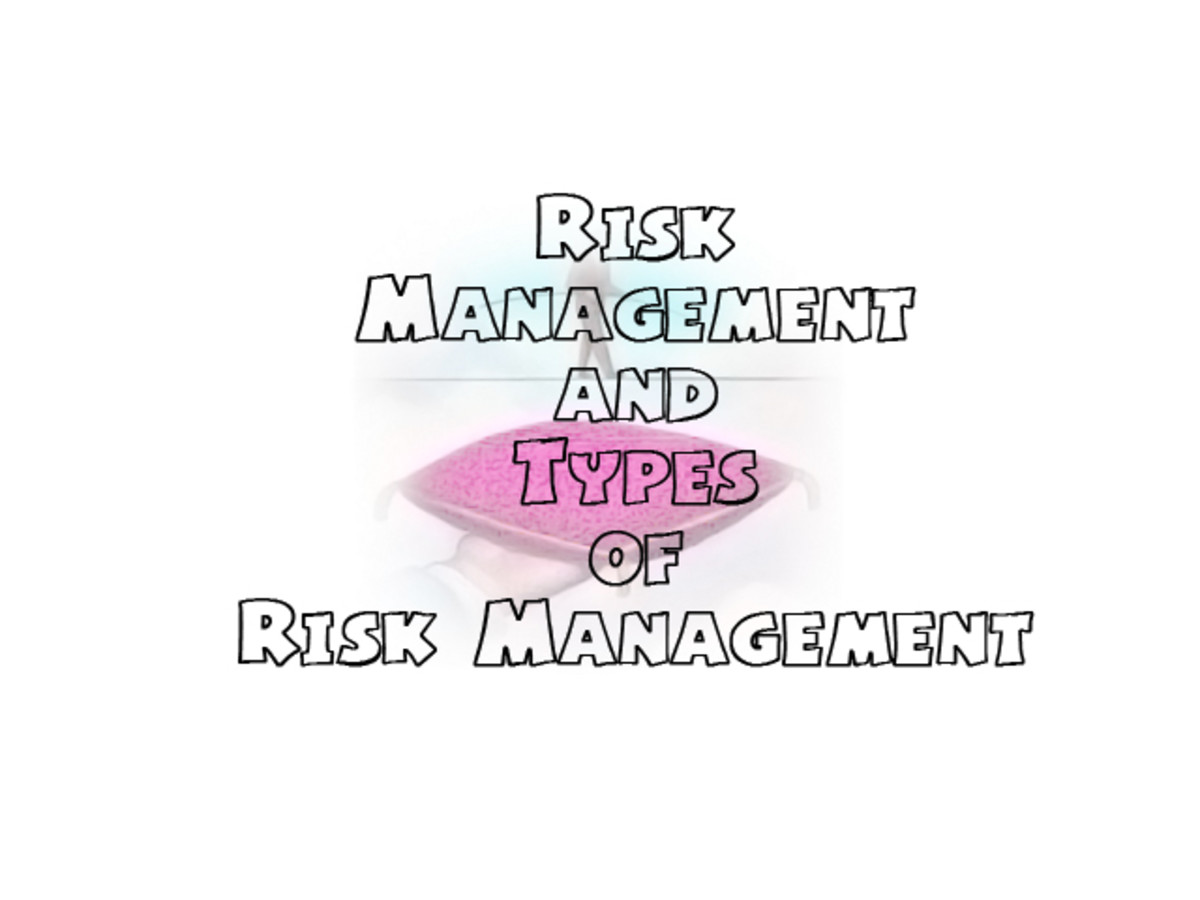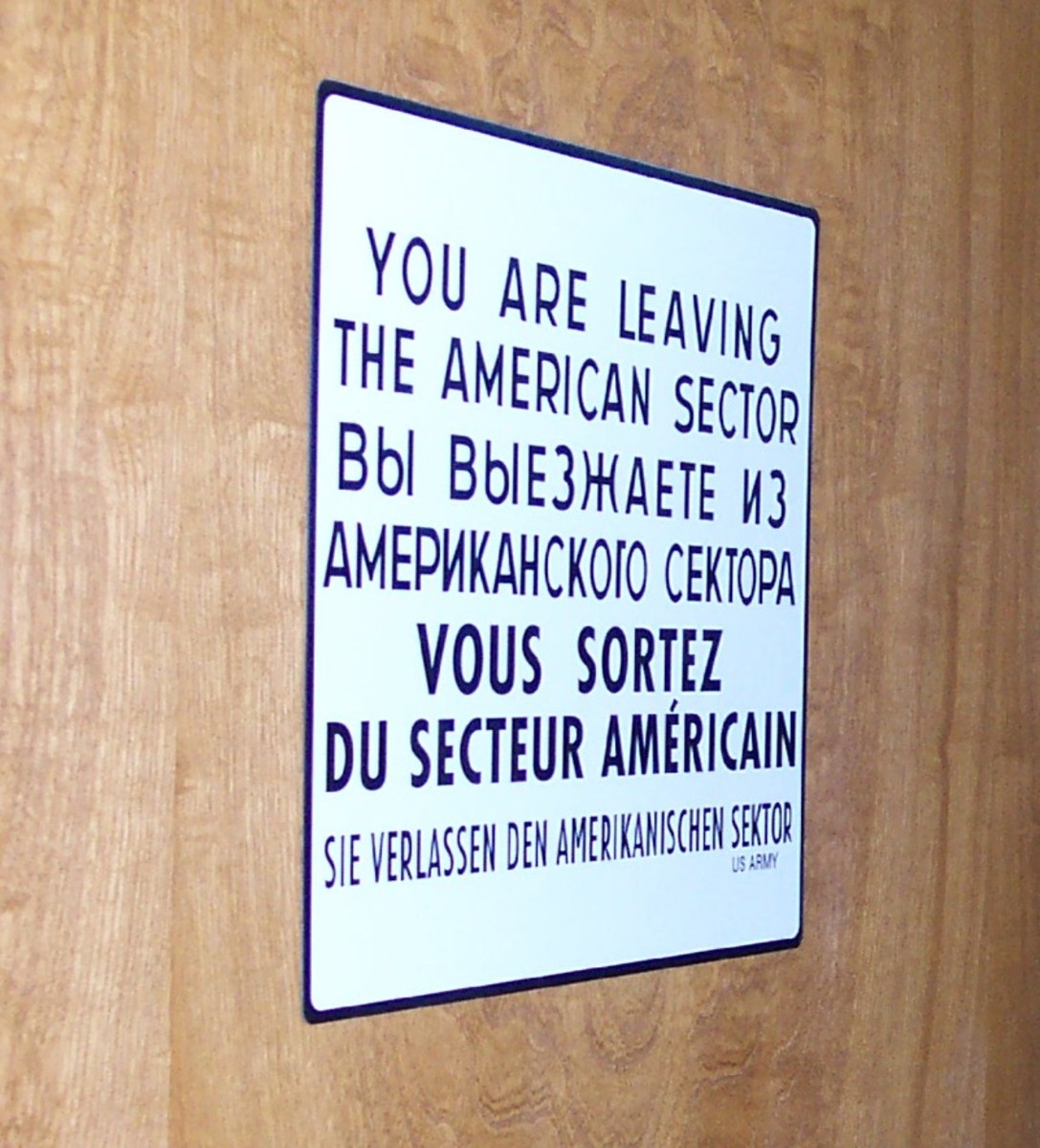Risks in Sme Financing: Experience 1
Mr. Robin, a small business entrepreneur, engaged with wholesale trading of paddy, at Koisat bazaar, near about 30 kilometer from Indian border with Bangladesh, once came to my office with one of existing customer and applied for a loan of amount $15000.
I went to visit his business after two days and found his business strong enough to approve the loan. The entrepreneur was a brother of local chairman and had high social status, the fixed asset was satisfactorily enough, the sale of business was good, over all reputation of market was excellent.
I had approved the loan. About 9 to 10 installment were collected smoothly and the entrepreneur began “today or tomorrow“in payment of installment. I went to his business to meet him physically to know the exact matter that happened. He did not want to inform me what happened, but after discussion of a long time he said one of his deliveries of goods was canceled by his customer and he did not pay for that order, excusing the bad quality of goods. So, the relation with that customer became worse and his business was faced shortage of capital. In this situation payment of installment became hard.
And he did not pay his installments for a long period of time. Now a legal process is under consideration to recover the outstanding amount of loan.
In this case, the cause of failure to recover the loan installment from the SME entrepreneur is the limited investment in business. This investment is so small that if the amount of investment is reduced anyhow, the business loses its speed as well as its profitability and ability to repay the loan.
In this case if the entrepreneur had some extra income from anywhere or he had any other support to business, he could overcome that situation.
Our Learning from the case study
Q: Who is Mr. Robin and what is his business? A: Mr. Robin is a small business entrepreneur engaged in wholesale trading of paddy. His business is located at Koisat bazaar, approximately 30 kilometers from the Indian border with Bangladesh.
Q: Describe the process of Mr. Robin's loan application. A: Mr. Robin, accompanied by one of his existing customers, applied for a loan of $15,000 at the narrator's office.
Q: How did the narrator assess Mr. Robin's business before approving the loan? A: The narrator visited Mr. Robin's business after two days and found it to be strong enough to approve the loan. Factors considered included Mr. Robin's high social status as the brother of the local chairman, satisfactory fixed assets, good sales, and an excellent reputation in the market.
Q: What caused Mr. Robin's business to face financial difficulties? A: One of Mr. Robin's deliveries of goods was canceled by a customer who refused to pay for the order, citing poor quality. This strained the relationship with the customer and led to a shortage of capital in Mr. Robin's business, making it difficult to pay loan installments.
Q: Why did Mr. Robin stop paying his loan installments for an extended period? A: Mr. Robin faced difficulties in paying his loan installments due to the cancellation of a significant order by a customer and subsequent shortage of capital in his business.
Q: What action is being taken to recover the outstanding loan amount from Mr. Robin? A: A legal process is under consideration to recover the outstanding amount of the loan from Mr. Robin.
Q: What is identified as the primary cause of Mr. Robin's failure to repay the loan installments? A: The limited investment in Mr. Robin's business is identified as the primary cause of his failure to repay the loan installments. Insufficient investment resulted in a loss of business speed, profitability, and ability to repay the loan.
Q: How could Mr. Robin have potentially overcome the situation of financial difficulty in his business? A: If Mr. Robin had additional income from another source or received support for his business, he could have potentially overcome the financial difficulties he faced.
This content is accurate and true to the best of the author’s knowledge and is not meant to substitute for formal and individualized advice from a qualified professional.
© 2011 Mitali Chowdhury








